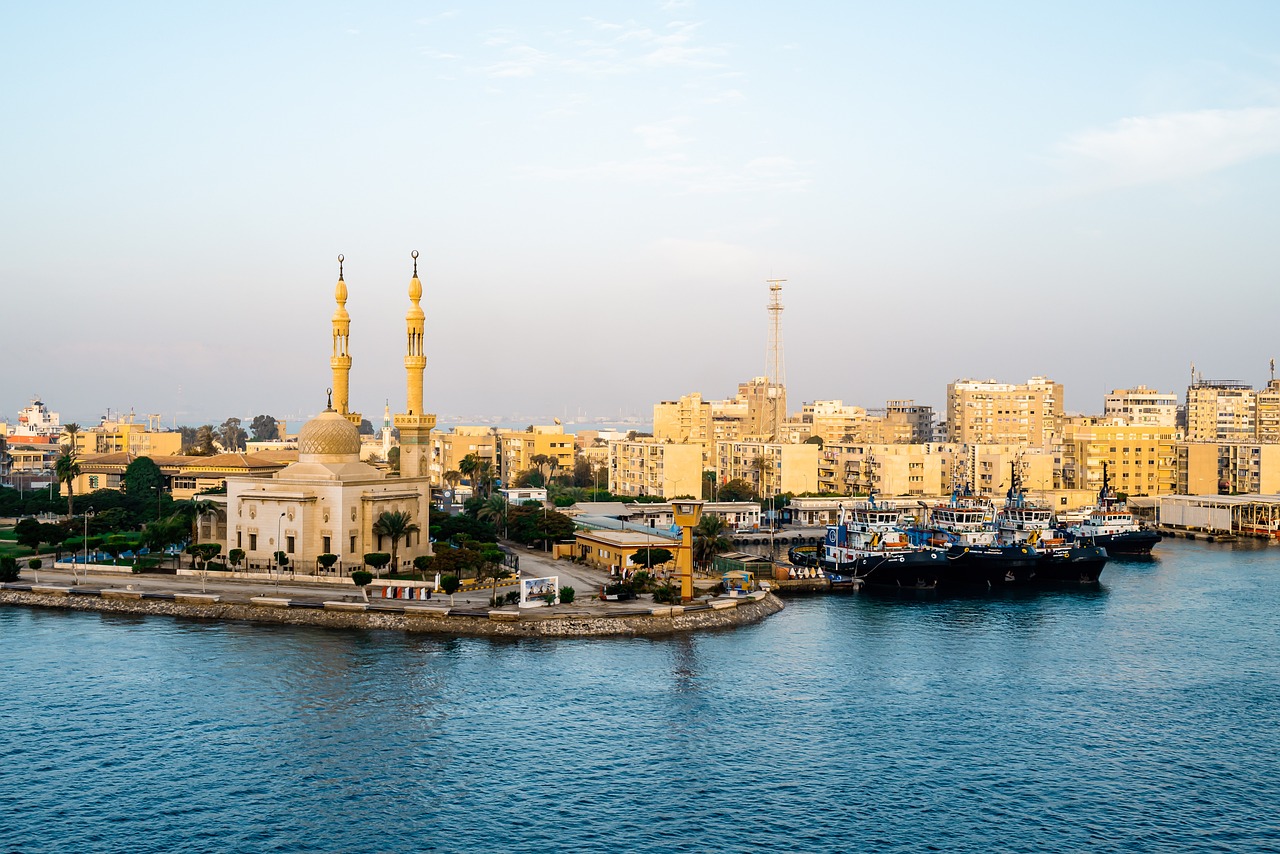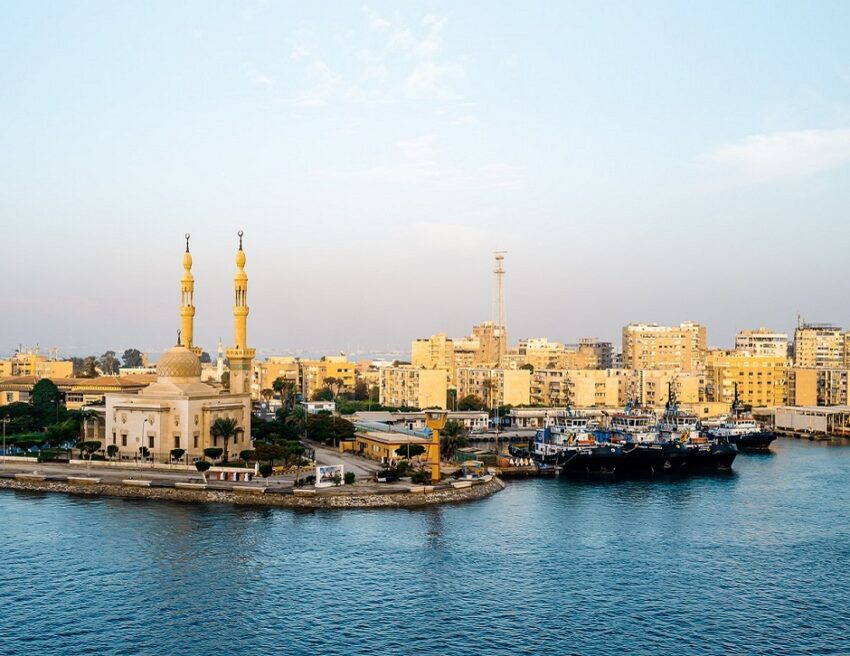Starting January 15, 2024, there is an anticipated nearly 15% increase in Suez Canal fees for most types of vessels, excluding container vessels departing from North European ports, which will have some exemptions. According to the Suez Canal Authority (SCA), container vessels, car carriers, chemical, crude, and product tankers, as well as gas carriers, will incur a 15% hike in transit charges, while roll-on/roll-off (roro) and dry bulk vessels will face a 5% additional charge from the same date. In today’s post we are going to take a quick look on the impact of the transit fee hike on the global container shipping industry.
The latest update on the Suez Canal and its impact on the container shipping industry
The Suez Canal stands out as one of the world’s most crucial shipping routes, serving as the swiftest and shortest sea passage connecting Asia to Europe through the Red Sea, facilitating expedited cargo delivery and contributing to reduced shipping emissions due to shortened travel times. Presently, three significant developments in Suez Canal news have emerged:
- Transit Fee Increase: Notably, there is a noteworthy surge in transit fees, particularly affecting the head-haul trade route from Asia to Europe.
- Panama Canal Drought Impact: Ongoing drought issues in the Panama Canal have led to a decline in daily transits. Consequently, shipments bound for the US, rather than taking the traditional trans-Pacific route, are diverting around India through the Suez Canal, navigating across the Atlantic Ocean and then entering the United States.
- Geo-Political Risks in the Region: The Israel-Palestine conflict introduces uncertainties and potential risks to key shipping routes, including the Suez Canal and the Strait of Hormuz. The extent of its impact in 2024 hinges on the conflict’s scope and duration, creating additional uncertainties within the shipping industry.
Of these updates, the most impactful on business spending is the rise in Suez Canal transit fees. For a comprehensive understanding of this development, it is essential to delve into the operations of the Suez Canal Authority, which we will discuss in the following section, along with details regarding the fee hike.

The transit fee hike and how it will impact the ocean freight shipping industry
The Suez Canal Authority (SCA), as the sole Egyptian state-owned entity responsible for the management and operation of the Suez Canal, holds exclusive authority in issuing and upholding navigation rules and regulations, ensuring the orderly functioning of the canal. In a recent announcement, the SCA revealed a planned increase in transit fees for ships passing through the Suez Canal, effective January 15, 2024.
The fee adjustments include a 15% rise for various ship types, namely:
- Container ships
- Crude Oil Tankers
- Petroleum Product Tankers
- Liquefied Petroleum Gas (LPG) Carriers
- Liquefied Natural Gas (LNG) Carriers
- Chemical tankers and other liquid bulk tankers
- Vehicles Carriers
- Cruise Ships
- Special Floating Units
Additionally, a 5% increase in transit fees will be applied to:
- Dry Bulk Vessels
- General Cargo Vessels
- Roll-On/Roll-Off (RO/RO) Vessels
Beyond these transit fees, additional costs for vessel passage through the Suez Canal vary based on factors such as vessel size, type, tonnage, and cargo type. Further charges may apply for drafts exceeding 14.3 meters, beams wider than 66.4 meters, and garbage disposal. Mandatory payments cover port fees, pilotage, mooring, and ministry fees.
Who will be exempt from the fee hike?
Furthermore, an additional circular released by the Suez Canal Authority (SCA) specifies that container vessels bound for Far Eastern destinations from Northwest Europe will be granted an exemption from the increased canal charges.
According to the SCA, container ships originating directly from ports in Northwest Europe (including the Tangier port) and traveling from the Algeciras port to Port Klang, as well as the Eastern ports in Southeast Asia and the Far East, will not be subject to the 15% fee hike. This exemption for container vessels heading to the Far East will be effective from January 15 but is set to expire on June 30, 2024, with the possibility of an extension remaining unclear.
To qualify for the exemption, vessel operators seeking lower rates must submit a special request through their shipping agent, providing details about the vessel and cargo, the vessel’s port of origin and destination, and the scheduled arrival time at the Suez. Additionally, the SCA stipulates that vessels should not make calls at intermediate ports during the journey from North Europe to the Far East for any commercial activity.
In the event that a vessel has made intermediate port calls for non-commercial reasons, a certificate from the relevant port authority specifying the reason for such calls is required, as outlined by the SCA.
Container shipping industry experts suggest that the exemption for container vessels is strategically designed to incentivize vessels that currently take the longer backhaul route via the Cape of Good Hope in Africa to consider the shorter Suez Canal route. Due to chronic overcapacity, some carriers, such as Ocean Network Express, have opted to reduce available capacity by slowing vessels down and navigating via the Cape, adding over 3,000 nautical miles to the journey (11,720nm compared to 8,440nm via Suez).


